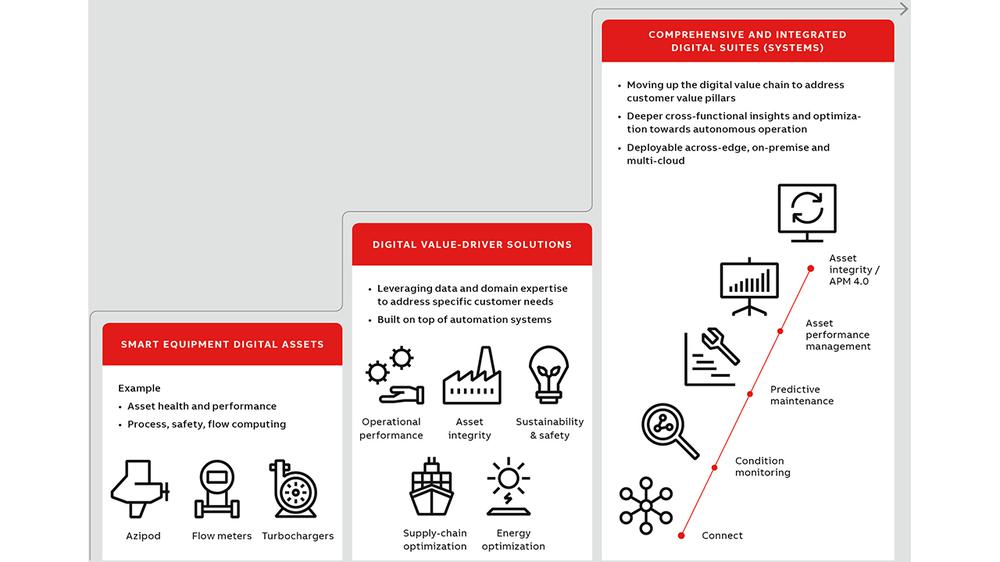Du är inte inloggad på KTH så innehållet är inte anpassat efter dina val.
Från och med den 1 juni 2025 upphör möjligheten att redigera innehåll i kurswebben och studenter slutar bli inlagda. Redan existerande material kvarstår.
Läs mer här: Kurswebbens solnedgång den första juni

Do you want to widen your horizon on key information technologies for practical industrial transformation? Do you want to be inspired your research with industrial insights? This cousre may be right for you. In the course, we will study the key information technologies for emerging industry digitalization (ID). The main objective of the course is to train and update students with the newest information technologies for industry digitalization, especially those related to vertical applications. The preliminary topics include, high-performance wireless networks (including 5G) for ID, distributed machine learning for ID, digital twin, global coverage (satellite based communications and computing), industry and function security and guest lectures. The course will be in the form of lectures by teachers and student presentations.
Ming Xiao, mingx@kth.se
Zhibo Pang, zhibo@kth.se
With the development of various enabling technologies, e.g., AI, 5G and beyond, industry security, digital twin, global coverage and edge computing, the digitalization of industries has attracted lots of research efforts and started to be deployed in various industry scenarios. Though some courses may involve a part of those topics, a comprehensive and vertical-application oriential course have not been developed. Moreover, a systematic study on requirements, challenges and development of information technologies for industry digitalization has not been developed yet. This course aims to address these problems by developing systematic and vertical-application oriented course for industry digitalization. The main objectives of the course are to train the students on the key information technologies for industry digital transformation and to inspire the students for potential new research topics. After the course, the students should:
The course includes lectures by teachers and presentations by students. To pass the course, the students should do following tasks (1), present (about 20+10 minutes for one selected topic) in the class; (2), An approved survey report (minimum 5 page) on one selected topic (Technology or Vertical Applications); (3) Attend 80% lectures (about 11 out of 14).
The course will be given once per two years.
Lecture 1. Course information and introduction of industry transformation (Sept. 1)
Lecture 2. IP-based Convergence and Interoperability of Industrial IoT Standards (Sept. 8)
Lecture 3. High performance wireless networks Part 1, requirements, enabling technologies and theories (Sept. 22)
Lecture 4. High performance wireless networks, Part 2, Vectrical Applications and experinments (Sept. 29)
Lecture 5. Physical Layer Security for Industry Wireless Networks (Oct. 6)
Lecture 6. Functional Safety for Industry Systems (Oct. 13)
Lecture 7. Industrial AI, Part 1, Requirements and Algorithms (Oct. 20)
Lecture 8. Industrial AI, Part 2, Vertical Applications and experinments (Oct. 27)
Lecture 9. Digital Twin (Nov. 10)
Lecture 10. Global Coverage, Satellite Based Communications and Computing (Nov. 17)
Lecture 11. Guest Lectures on Industrial Robots etc. (Nov. 24)
Lecture 12. High-accuracy industrial positioning (Dec. 1)
Lecture 13. Industrial Cloud/edge computing (Dec. 8)
Lecture 14. Reflection on Information Technologies for Sustainable Industries (Dec. 15)
Knowledge of digital communications, corresponding to EQ2410 or similar is required.
If the course is discontinued, students may request to be examined during the following two academic years.
P, F
To pass the course, students should pass